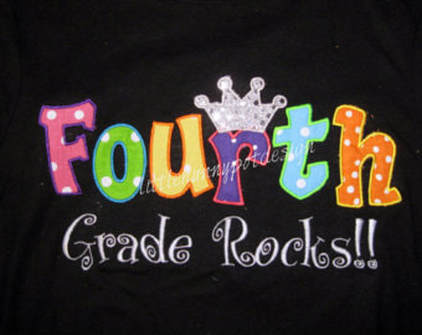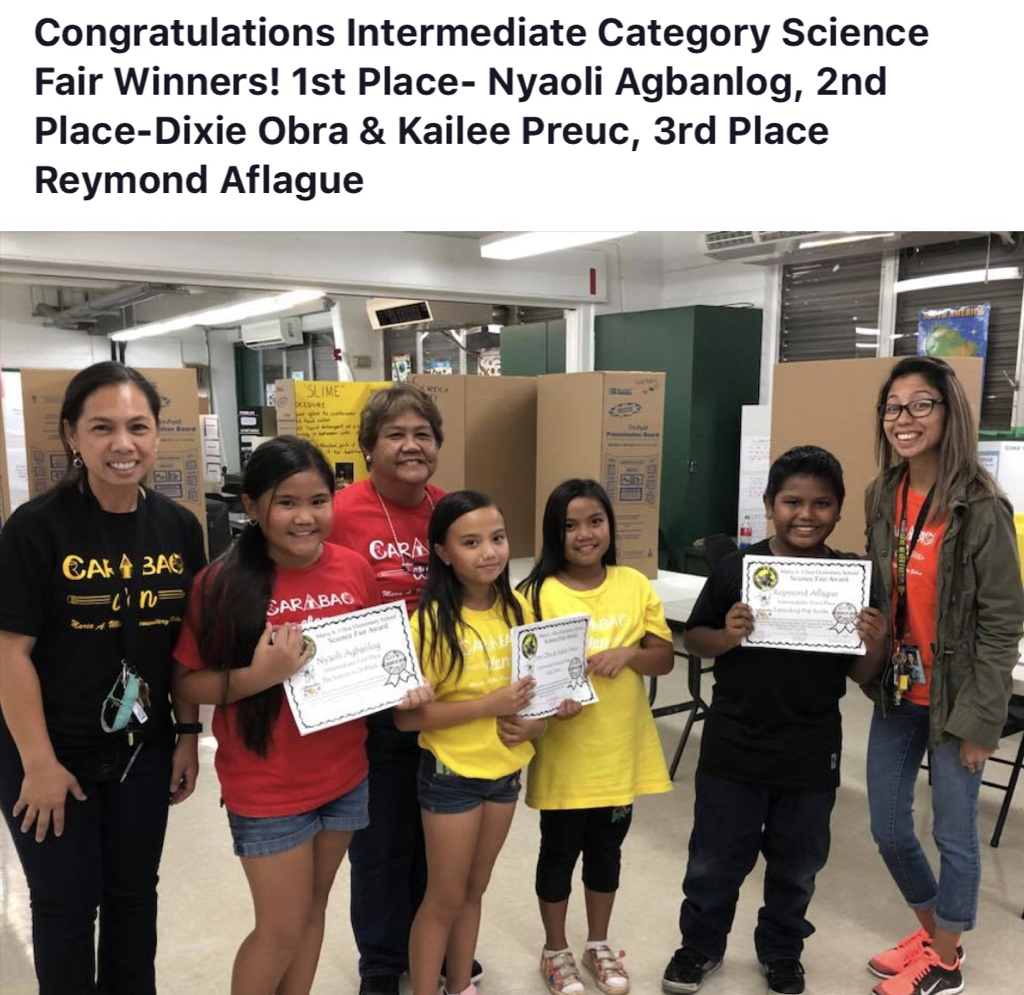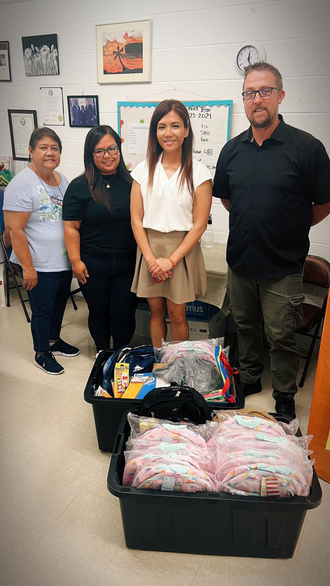- HOME
- About
- Curriculum
- Parents & Students
-
Photo Gallery
-
Previous School Years
>
- PTO SY 2011-2012
- PTO SY 2017-2018
-
School Year 2011-2012
>
- Summer School 2011
- Remember 9/11
- Great Guam Shakeout 10/20/2011
- United Nations 10-24-11
- BASTA Bullying Poster Contest
- Geography Bee - 12/2/11
- GATE Honor Choir 01/06/12
- A Tribute to Martin Luther King, Jr. (1/20/12)
- Spelling Bee (1/26/12)
- Benavente Middle School Peace March (1/27/12)
- CEC visits MAUES - PTO Fundraiser (2/1/12)
- NFL Cheerleaders visits the Home of the Carabaos! (2/2/12)
- Counselor's Appreciation - 2/10/12
- Mes Chamorro
- CEC Visits MAUES - Tools for School (3/8/12)
- Family Math Night (3/15/12)
- October 2011
- November 2011
- January 2012
- Zumba "FUN"raiser 2/11/12
- Valentine's Royal Court - 2/14/12
- McTeacher's Night (3/7/12)
- Halloween Parade - 10/31/11
- ZUMBA!!! - 2/10/12
- WAVE Club >
- Aluminum Can Donations
-
School Year 2012-2013
>
- Water Day 7/30/12
- Awards Day 7/31/12
- Fish Eye Marine Park Fieldtrip 10/18/12
- You're in the Spotlight
- Teacher Orientation 8/17/12
- Team Up to Clean Up 8/18/12
- Remember 9/11
- CEC - Tools for School 10/17/12
- United Nations Parade 10/24/12
- Christmas Program 12/19/12
- 2013 Valentines Day Royal Court
- ABC Jamboree Parade 2/14/13
- Mes Chamoru Opening Ceremony 03/05/13
- Spring Royal Court 3/21/13
- Mes Chamoru Program 3/21/13
- PTO 5K 3/23/13
-
School Year 2013-2014
>
- ASPIRE >
- Red Ribbon Month - October
- Urban Dance Studio 10/30/13
- United Nations 10/31/13
- Canned Food and Dollar Drive
- Whimsical Christmas Program 12/18/13
- Spelling Bee 2014
- Geography Bee 2014 >
-
GATE
>
- GATE SY14-15 >
- Robotics
- Newspaper Activity
- Happy Counselor's Week
- Monthly Spirit Week >
- Change for Change 09/04/15
- GATE Honor Choir 10/9/15
- Fest Pac/UN Parade
- Red Ribbon Drug Free Campaign
- Spelling Bee
- Water Safety Presentation 1/25/16
- PTO
- Health and Wellness Fair
- 5th Grade Family Fun Bowling Fundraiser
- Bomb Threat Presentation
- Career Day Presentations
- Read Across America - 3/2/16
- Mes Chamoru 2016
- DVD Viewing of "Maisa" 3/4/16
- Coin Drive 3/11/6
- Spring Carnival 3/1/2/16
- Special Olympics 3/19/16
- Red Ribbon Presentation
- Dress Up as Your Favorite Literary Character >
- Computer Programming
- Math Olympiad / Math Kangaroo
- Youth Summit
- Science Fair 2014
- WAVE Club
- School Year 2017-2018 >
-
School Year 2018-2019
>
- Reading Buddies
- 1st Quarter PTC
- WAVE Club
- Fire Prevention Presentation (Mrs. Fernando's Class)
- Little Mr. and Miss Carabao
- November Reading Buddies
- Dance Group
- Helping Saipan and Tinian
- PTO Skyzone Fundraiser
- 3rd Grade November Make and Take Workshop (
- November Cool Carabao Kid
- National Elementary Honor Society (NEHS)
- Dodgeball
- Open House
- 2nd Grade Workshop
- Chuck E. Cheese Visits MAUES
- Chuck E. Cheese Fundraiser (Special Areas)
- Nerd Day
- Special Areas (Activity Day)
- October Reading Buddies
- Red Ribbon Gate Decorating
- Boss' Day
- Earthquake Drill
- October Carabao Cool Kid
- Read-a-Thon
- September Book Buddies
- Chamorro Singing Competition
- Kinder Fire Prevention Presentation
- Read-A-Thon
- December Reading Buddies
- Spelling Bee
- Lunch with Mrs. San Agustin
- Carabao Christmas
- January Carabao Cool Kids
- January Reading Buddies
- Mr. Dream Boy & Miss Dream Girl 2019
- February Reading Buddies
- Peace March
- March Reading Buddies
- Jump Rope for the Heart
- Mes Chamoru: Manhihita Marianas >
- Toyota Dream Car Art Contest
- Special Olympics
- Math Kangaroo
- GATE Honor Choir
- April Reading Buddies
- PTO Chuck E. Cheese Fundraiser
- School Year 2019-2020
- School Year 2020-2021
- SY 2022-2023
- SY 2023-2024
-
Previous School Years
>
- Clubs and Organizations






